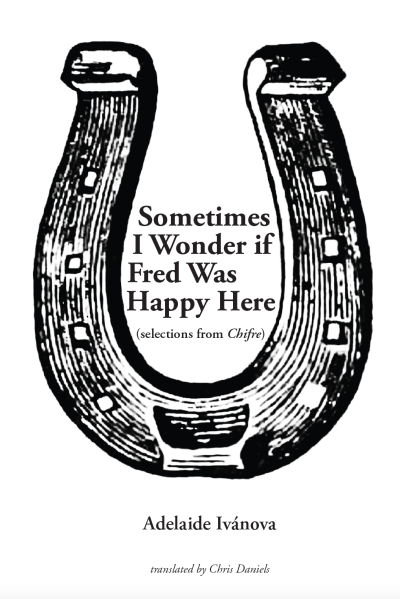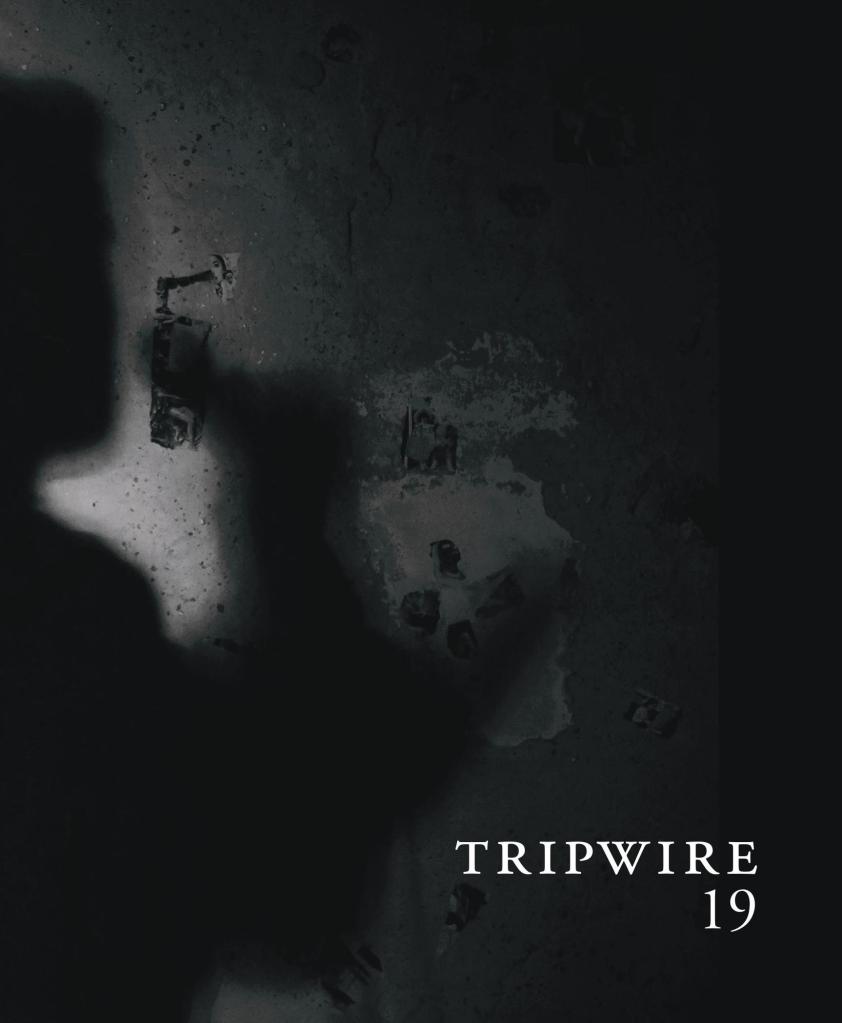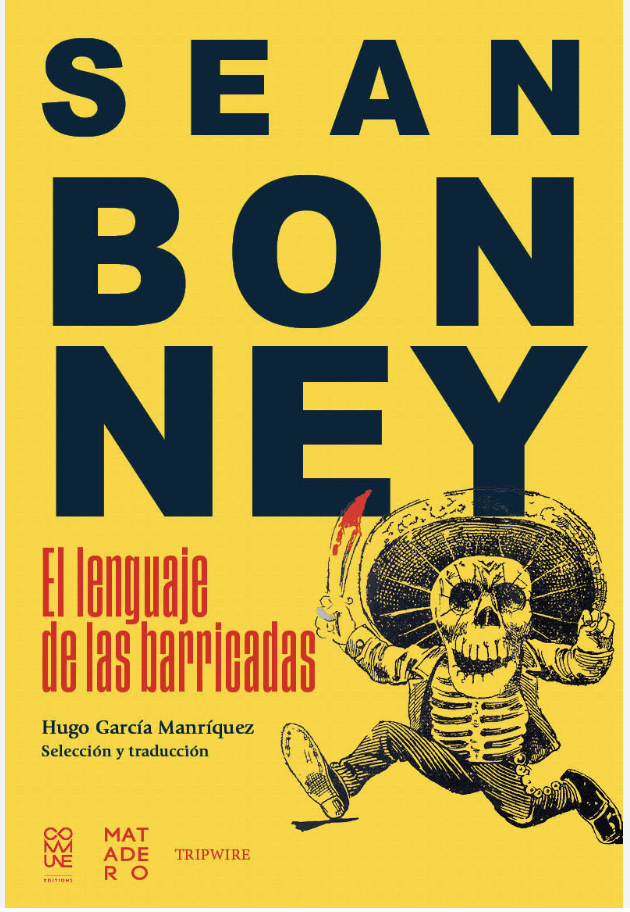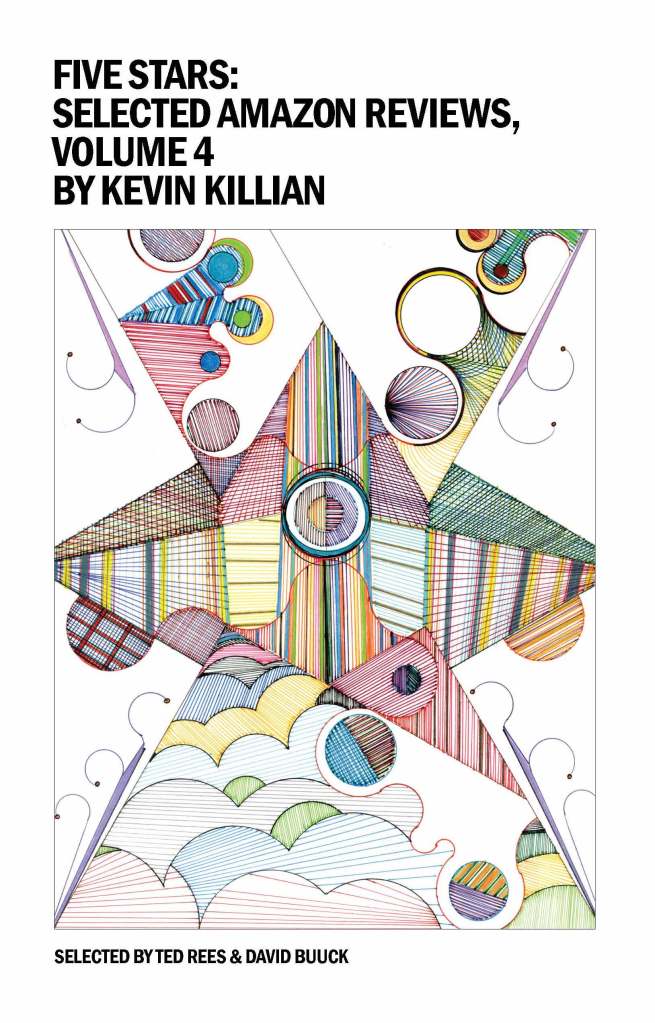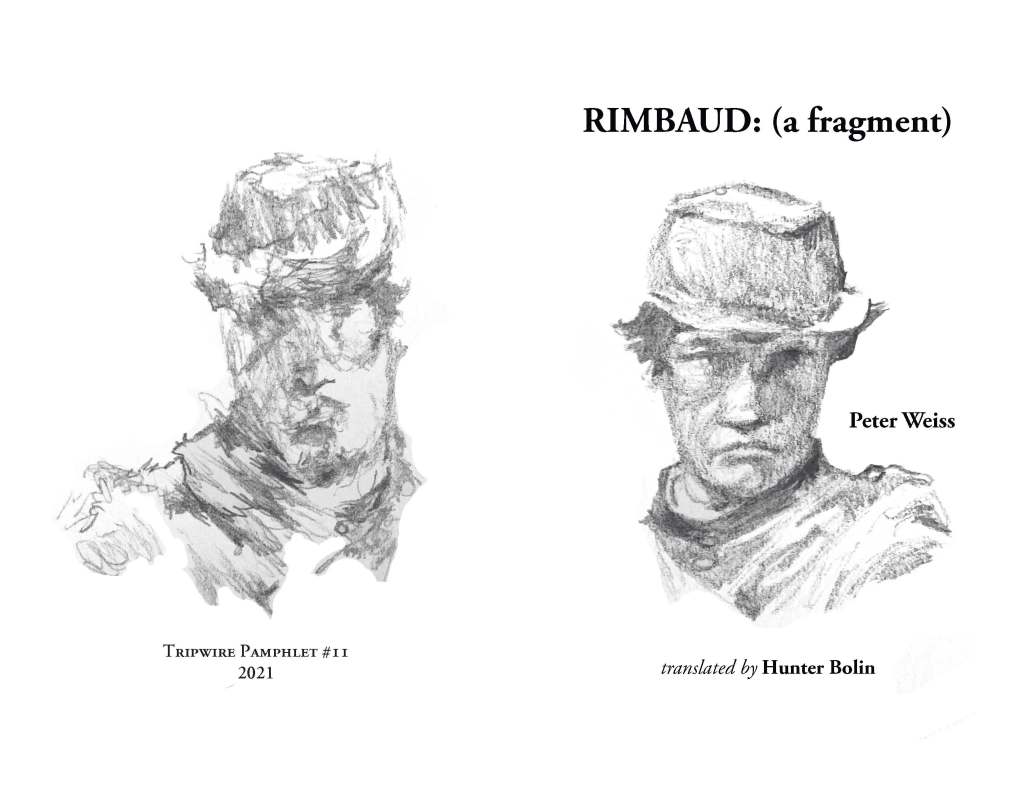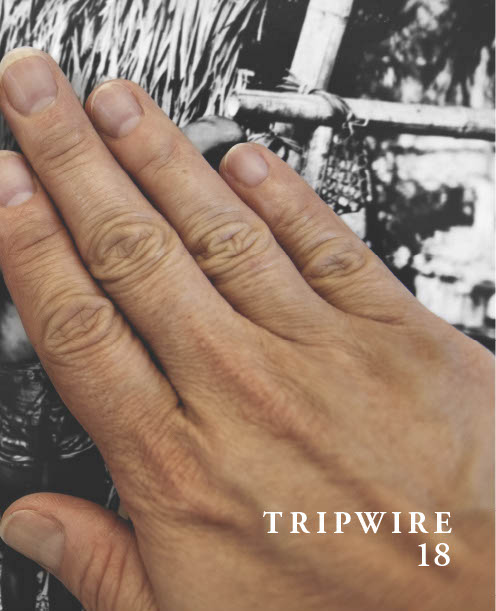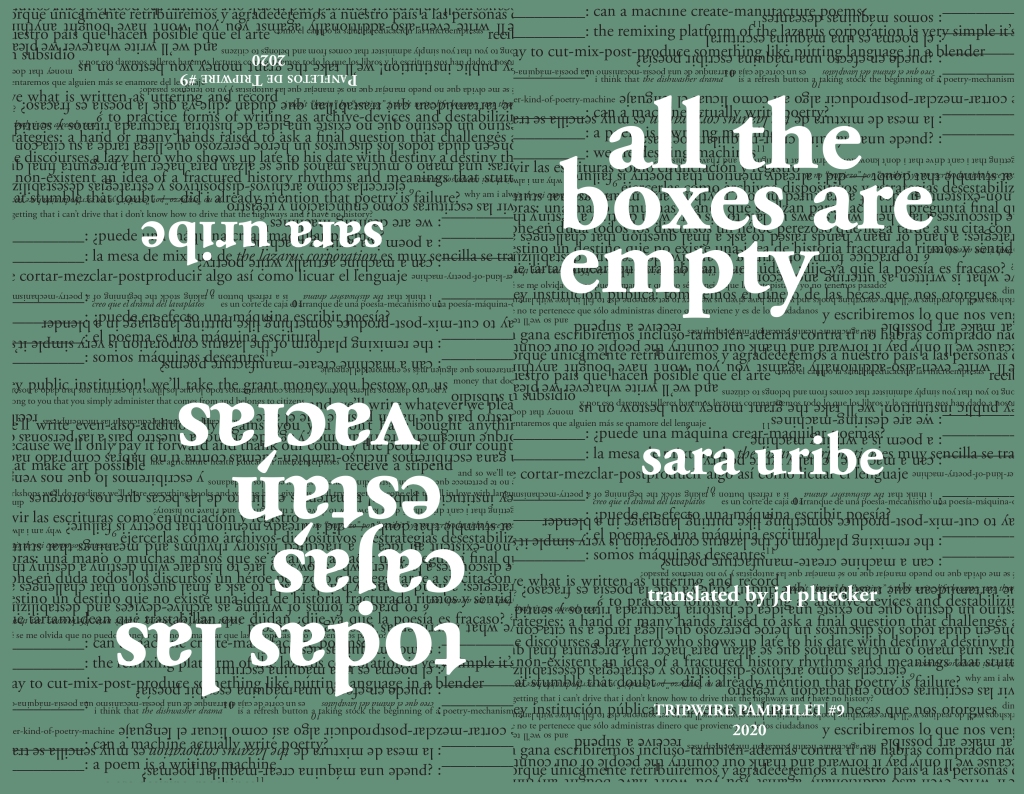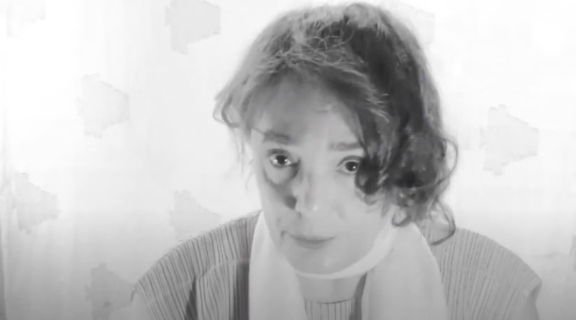
Friday, April 19, 2024
7:00 p.m. – 9:00 p.m. PT
Free and open to the public
Artists Television Access, 992 Valencia Street, San Francisco
Contact Email poetry@sfsu.edu
The Poetry Center’s Tripwire Cross-Cultural Poetics Series welcomes poet and filmmaker Safaa Fathy, presenting her work in both poetry and film, and joining in conversation with her audience. This rare appearance by the Egyptian-born artist, visiting from her home in France, is presented with our gratitude to UK and US publishers Pamenar Press (Ghazal Mosadeq) and Litmus Press (E. Tracy Grinnell), whose translated editions of Safaa Fathy’s works, Al Haschiche, and Where Not to Be Born, recently appeared. Her work appears also in Another Room to Live In: 15 Contemporary Arab Poets (ed. Omar Barrada & Sarah Riggs, Litmus, 2024). Please join us for this Friday evening program in the Mission, presented in conjunction with Tripwire journal and ATA.
Artists’ Television Access (ATA) is located on street level on Valencia at 21st Street; nearby parking often available in the municipal lot across the street on 21st at Barlett.
VIDEO for this program will be posted after editing at Poetry Center Digital Archive.
- “Revolutions threaten poetry with loss of the intimate and the aesthetic. Safaa delves into this threat head-on in order to produce a book that is both beautiful and intimate, where the revolution becomes the daily gesture: “when the tear gas entered my lungs, I decided to start smoking again.”… When the world gave up on the notion of revolution, the Tunisians and Egyptians filled the streets to revive it. Revolution goes through walls is political poetry at its best, intimate telling. Where a poet doesn’t scream her revolt, she murmurs it.” —Maged Zaher
Safaa Fathy was born in Egypt, and is a poet, essay writer, and filmmaker. She is the author of Al Haschische (Pamenar Press, 2023, translated by Patrick Love, with the author), an experimental book of poetry existing in relation to her 2007 film Hidden Valley. Where Not to Be Born (Litmus Press, 2024, translated by Rawd Wehbe) brings together poems from four original Arabic-language books published between 1989 and 2010, encompassing a selection of works representing Fathy’s wide-ranging, richly allusive, and cinematically-inflected poetic practice. An earlier book of poetry, Revolution Goes Through Walls (SplitLevel Texts, 2018, translation by Pierre Joris), was first published in Egypt, then in France, Brazil, and the US. Her plays Terror and Ordeal were prefaced by Jacques Derrida, with whom she co-wrote Tourner les mots. She also experiments with the visual texture of poems in filmic forms. Name to the Sea, a film-poem structured within a still frame, is being published along with the text in seven languages (Vanilla planifolia, Mexico City). She has been writing a novel in English for the past five years.
Safaa Fathy participated in the 47th Annual Poetry Project Marathon with a short piece entitled “I Would Like to Say,” and in the recent 24-hour International Reading for Freedom of Expression & Solidarity with Palestine, by way of an introduction to and screening of her outstanding 1996 film portrait of French-Jewish historian of Islam and Arabic peoples, Maxime Rodinson Atheist of the Gods. Fathy’s films are made available by Tamaas.org.

